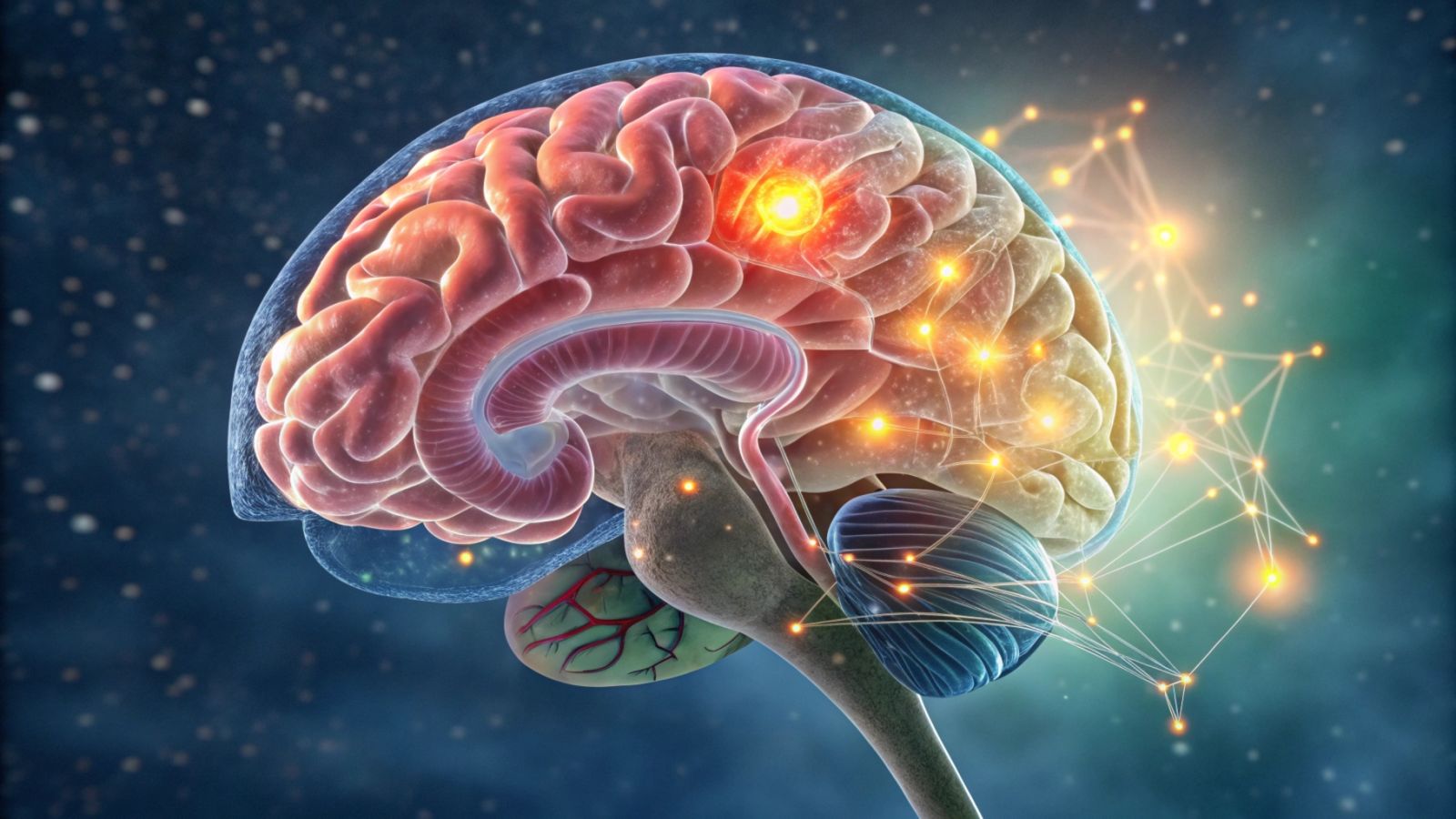Adults still develop new neurons: but what are they for? 🧠
Published by Cédric,
Article author: Cédric DEPOND
Source: Cell Stem Cell
Other Languages: FR, DE, ES, PT
Article author: Cédric DEPOND
Source: Cell Stem Cell
Other Languages: FR, DE, ES, PT
Follow us on Google News (click on ☆)
The brain, the conductor of our body, relies on a network of neurons largely acquired at birth. However, certain regions continue to produce neurons throughout life. This process, though rare and limited, is called neurogenesis.

For a long time, scientists debated the true importance of this adult neurogenesis. Earlier studies observed a decrease in new neurons among patients with diseases such as Alzheimer's or epilepsy. This phenomenon was correlated with cognitive disorders, but the precise cause remained undetermined.
Recently, researchers at the University of Southern California delved into this mystery by studying patients with drug-resistant epilepsy. These patients, undergoing surgical procedures, provide a unique opportunity to collect and analyze human brain tissue.
The results are striking: new neurons in adults appear directly associated with verbal learning. These cells seem to enhance listening, understanding, and retaining information shared in conversations. This essential function, ironically, differs from findings in mice, where neurogenesis primarily supports spatial orientation.
To reach these conclusions, researchers analyzed specific markers in the brain tissue of patients. They discovered that fewer new neurons in the hippocampus correlate with a marked decline in verbal learning and memory capabilities.
This discovery opens new avenues of hope. Researchers believe stimulating neurogenesis could improve cognitive abilities in older adults or individuals with neurological disorders. Moreover, physical exercise is thought to have significant potential impacts on the production of new neurons in patients with epilepsy.
However, these approaches remain experimental. Researchers emphasize the need to deepen the study of neurogenesis directly in humans, which may differ from animal models. In the long run, these studies could transform our understanding of neurodegenerative diseases and aging mechanisms. The brain's renewal, even if limited, may well become a cornerstone of cognitive health.
What is adult neurogenesis?
Adult neurogenesis refers to the process of forming new neurons in the brain after birth, including during adulthood. Contrary to popular belief, the adult brain is not fixed but retains the ability to produce nerve cells, albeit in a limited manner.
This phenomenon primarily occurs in two regions: the hippocampus, involved in memory and learning, and the olfactory bulb, responsible for the sense of smell. These areas house stem cells capable of transforming into functional neurons.
Adult neurogenesis plays a key role in certain cognitive functions like learning, verbal memory, and spatial navigation. Its activity tends to decline with age or in cases of neurological diseases.
Recent studies suggest that stimulating neurogenesis through physical exercise or therapeutic approaches could potentially slow cognitive decline associated with aging or diseases like Alzheimer's.